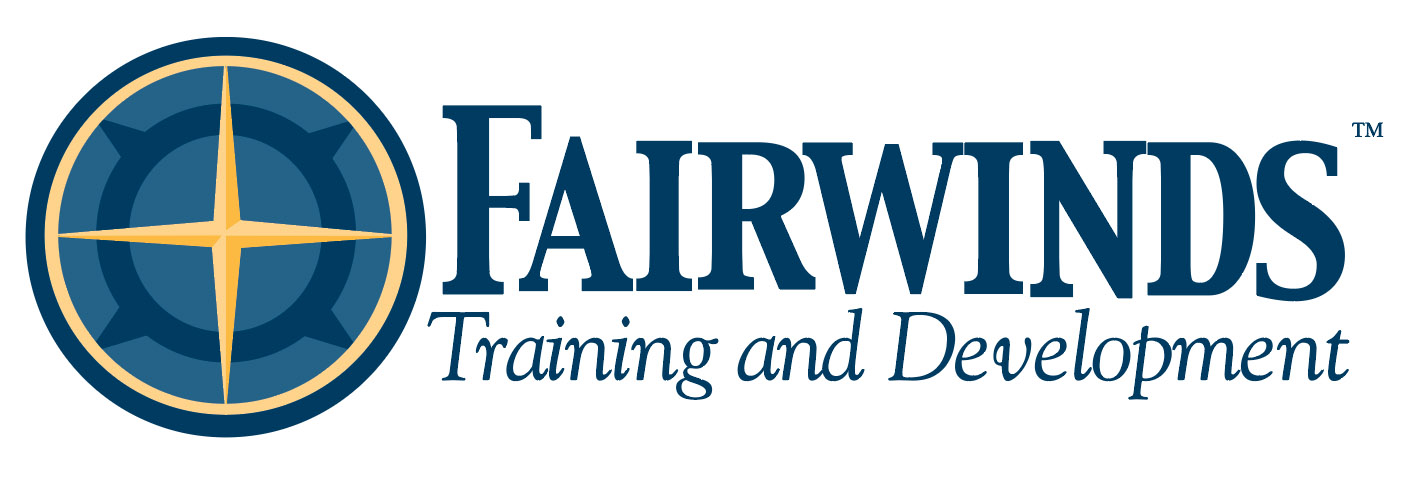Leadership is more than a title—it’s a responsibility to guide, inspire, and support others. At its core, effective leadership is founded on three critical pillars: trust, mutual respect, and relationships. Without these elements, even the most talented leaders struggle to build cohesive teams or achieve lasting success.
Now more than ever, where collaboration and innovation are vital, the role of a leader extends far beyond giving directives. It’s about creating an environment where people feel valued, understood, and empowered to do their best work. Let’s explore how trust, respect, and relationships define the role of a leader and how you can nurture these pillars in your leadership journey.
1. Trust: The Foundation of Leadership
Trust is the bedrock of any successful relationship, especially in leadership. When people trust their leader, they are more likely to take risks, share ideas, and commit to shared goals. Trust allows teams to operate with transparency and fosters a culture of accountability.
How Leaders Build Trust:
- Consistency: Be reliable in your actions and decisions. Deliver on promises and demonstrate integrity.
- Openness: Communicate honestly, even when the message is difficult. A leader who shares information transparently earns trust over time.
- Empowerment: Show confidence in your team by delegating responsibility and providing autonomy. Trusting others strengthens their trust in you.
2. Mutual Respect: The Key to Collaboration
Mutual respect is about recognizing and valuing the contributions, experiences, and perspectives of every team member. It creates a sense of belonging and ensures that everyone feels heard and appreciated. Respect is not one-sided—it must flow both ways to create a culture where collaboration thrives.
How Leaders Foster Mutual Respect:
- Active Listening: Give your full attention to others when they speak, and validate their thoughts and feelings.
- Fairness: Treat everyone with equity, ensuring decisions and actions are consistent and unbiased.
- Recognition: Acknowledge the efforts and achievements of your team regularly. Small gestures of appreciation go a long way in fostering respect.
3. Relationships: The Heart of Leadership
Leadership is fundamentally about people, and relationships are the heart of it all. Leaders who build genuine connections with their team members inspire loyalty, boost morale, and drive better performance. Strong relationships also allow leaders to provide personalized guidance and support tailored to each individual’s needs.
How Leaders Build Strong Relationships:
- Empathy: Understand and care about the challenges and aspirations of your team. Empathy builds trust and deepens connections.
- Approachability: Be accessible and open to conversations, whether about work or personal matters.
- Invest Time: Take the time to know your team members as individuals—their strengths, goals, and motivators.
Why These Pillars Matter
A leader who prioritizes trust, respect, and relationships creates a workplace culture where people:
- Feel safe to express themselves and take initiative.
- Work collaboratively without fear of judgment or blame.
- Are motivated to perform at their best, knowing their contributions are valued.
When leaders neglect these pillars, teams often experience low morale, high turnover, and diminished productivity. Conversely, leaders who cultivate trust, respect, and strong relationships not only achieve their organizational goals but also leave a lasting positive impact on their people.
Practical Steps to Lead with Trust, Respect, and Relationships
Here are actionable strategies to embody these principles in your leadership:
- Model Vulnerability: Share your own challenges and mistakes to show you are human and approachable.
- Prioritize One-on-One Time: Regularly check in with team members to build rapport and demonstrate genuine interest in their well-being.
- Encourage Open Feedback: Create channels for honest feedback and act on it. When people see their input matters, trust grows.
- Resolve Conflicts Fairly: Address conflicts with transparency and ensure all parties feel heard and respected.
- Celebrate Success Together: Recognize both individual and team achievements, reinforcing the importance of collaboration.
Leadership That Lasts
Trust, mutual respect, and strong relationships aren’t just leadership tools—they’re the essence of leadership itself. Leaders who embody these values don’t just manage—they inspire, uplift, and create lasting change.
As you reflect on your leadership style, ask yourself: Am I building trust through my actions? Do I respect my team’s individuality and contributions? Am I fostering genuine relationships that go beyond surface-level interactions?
The answers to these questions will shape your journey toward becoming the leader your team looks up to—one who leads with authenticity, connection, and purpose.
